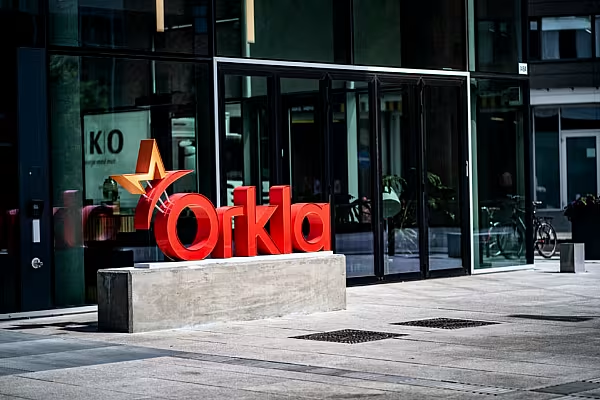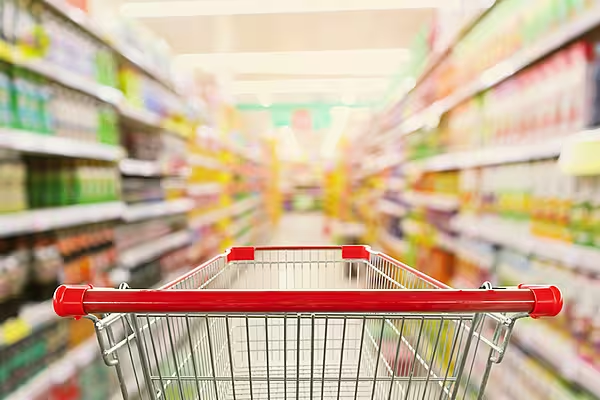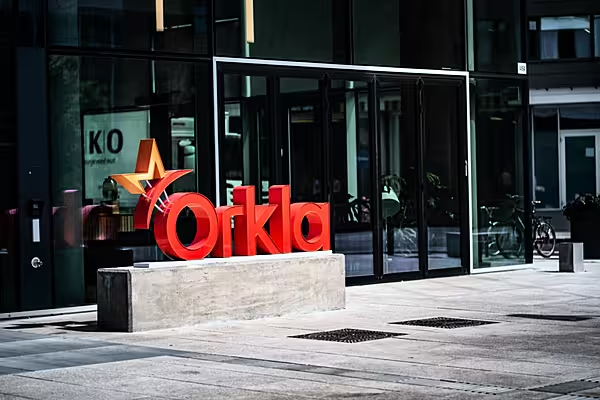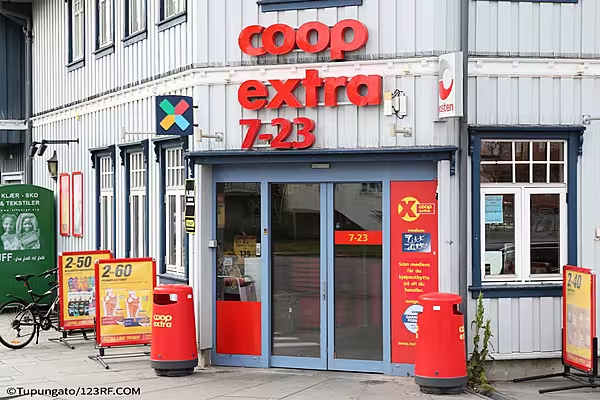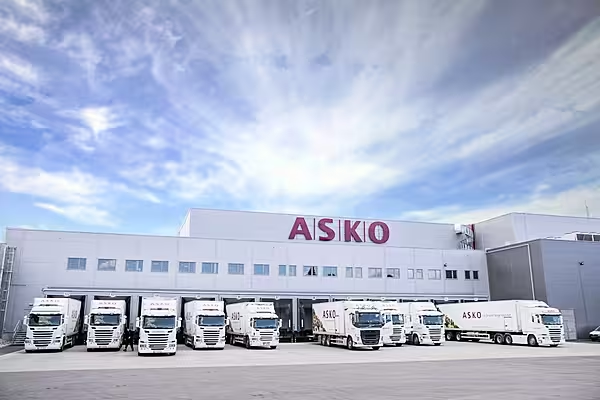Norwegian conglomerate Orkla has announced a minority investment in Because, Animals, a biotechnology company that aims to manufacture sustainable pet food.
Because, Animals was co-founded in 2016 by Shannon Falconer, PhD, and Joshua Errett, MBA, and both volunteered at the same cat rescue charity in Toronto.
Sverre Prytz, EVP M&A and Strategy at Orkla, said, “This investment is in line with Orkla’s strategy to partner with innovative technology companies around the world which can bring interesting capabilities to the Orkla family of brands and companies.
“We believe Orkla’s expertise in manufacturing, food safety, as well as brand building will help accelerate the development of an already promising young company with an impressive track record and management team.”
Sustainable Pet Food
The company has developed cultured pet food for dogs and cats that do not use meat from animals.
In 2019, Because, Animals succeeded in producing a cat treat made from cultured mouse tissue. The company has continued to progress on the scientific front by reducing the cost of their cultured meat and getting closer to commercialisation.
Dr Shannon Falconer, the co-founder of Because, Animals, commented, “We are on a mission to make the most sustainable and nutritious pet food – without harming animals in the process. Cultured pet food enables us to safely and responsibly produce food of animal origin, which cats and dogs crave, without harming other animals.
“We are delighted to have Orkla as one of our stakeholders. The company has a firm belief in sustainability and in developing alternative protein sources, which aligns with Because, Animals’ mission of taking animals out of the supply chain by creating cultured meat alternatives for pets.”
Currently, the pet food sector offers very few options for customers wanting an alternative to animal-based meat for their pets.
Orkla believes that there will be strong growth in this area as the market has shown a demand for such products.
Early Start-up Phase
Elin Tveito Lidman, CEO of Orkla Alternative Proteins (OAP), stated, “More and more consumers want to have healthier, more sustainable alternatives to traditional meat products. We believe that this demand will gradually also apply to the food they feed their pets.
“Technological advances will make it possible to develop new pet foods that are just as good in terms of taste, texture and nutritional content. The potential is considerable, but the development of cultured pet food is still at an early start-up phase.”
According to estimates from the United Nations, around 15% of global CO2 emissions can be linked to animals farmed for food production, and at current consumption growth rates, meat production will have to double by 2050.
The percentage of global CO2 emissions that can be attributed to meat-based pet food is not known.
© 2021 European Supermarket Magazine. Article by Dayeeta Das. For more A-Brands news, click here. Click subscribe to sign up to ESM: European Supermarket Magazine.
